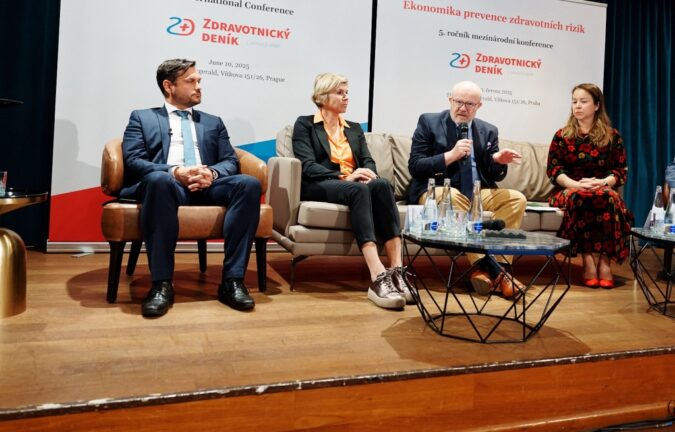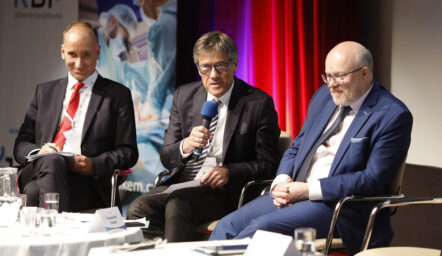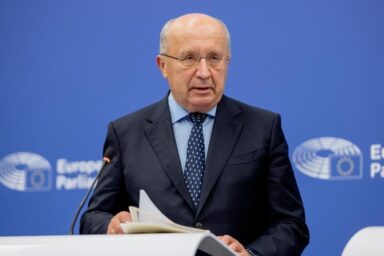Over 70 per cent of diseases are preventable. However, they still occur in most people, at the cost of dozens of billions to public budgets in unnecessary treatment. The star-studded international conference Economics of Health Risk Prevention, organised by Zdravotnický deník (Healthcare Journal), discussed why current prevention strategies are ineffective, and ways of addressing the issue.
A country’s public health relates directly to its economic prosperity, emphasised Czech Prime Minister Petr Fiala at the beginning of the conference. “Given the aging population, innovation in health risk prevention is absolutely crucial for the sustainability of the entire system,” the PM said.

Jan Švejnar, a professor of economics at Columbia University, outlined three simple principles. First, he proposed enhancing health risk prevention from an early age in—publicly funded—education. He recommended further investment in screening programmes with high returns on investment. He praised Czechia for progress in this area, such as breast, prostate, and lung cancer prevention. “Let’s consistently apply the principle of reducing health risks where other approaches fail. Here, too, system costs could be significantly reduced,” said the leading economist.

Three fundamentals: sleep, exercise, abstinence
Other experts discussed prevention and risky behaviour across medical fields. “Looking after your mental health needn’t be too complicated. The basics are: sleep well, avoid alcohol and exercise,” said Martin Hollý, a psychiatrist and sexologist at the Mental Rehabilitation Centre in Beroun. Milica Gregoric Kramberger, a neurologist and head of the Centre for Cognitive Disorders at the University of Ljubljana’s Faculty of Medicine, highlighted reducing the risk of Alzheimer’s, the most common neurodegenerative disease. “There are therapies, especially in early stages. But the best protection is a healthy lifestyle,” she said, adding that around 40 per cent of dementia risk factors are preventable.
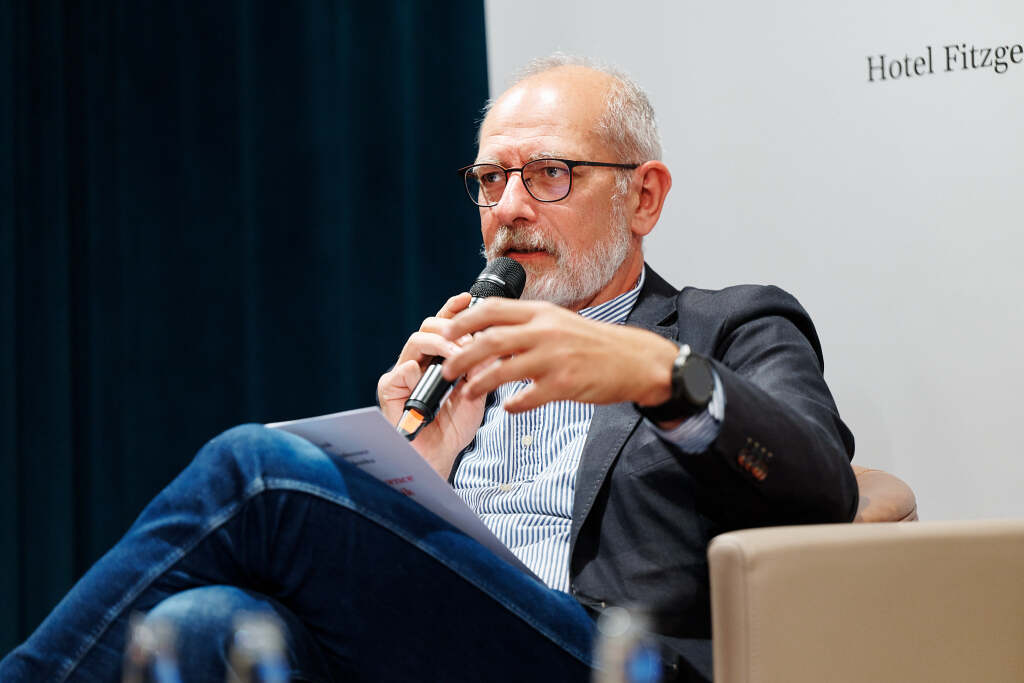
Obesity, rising among children, is another key risk. “This stems partly from covid-era measures, which drastically reduced physical activity and changed diets,” said Ludmila Brunerová, a diabetologist and head of the Diabetology and Endocrinology Division at Královské Vinohrady University Hospital. She backed regulating access to unhealthy foods.
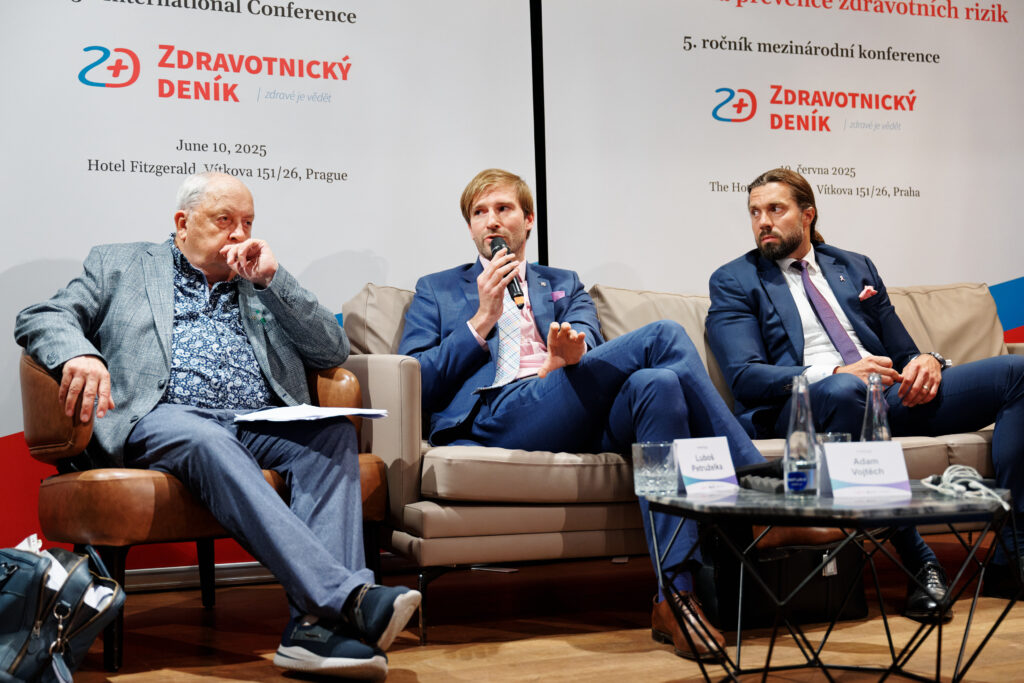
Harm reduction: an established approach
Clive Bates, public health expert and former health adviser to ex-UK Prime Minister Tony Blair, argued for translating science into practice more effectively. He urged evidence-based harm reduction policies, like substituting cigarettes with less harmful alternatives. “We must update policies with new evidence,” he added.
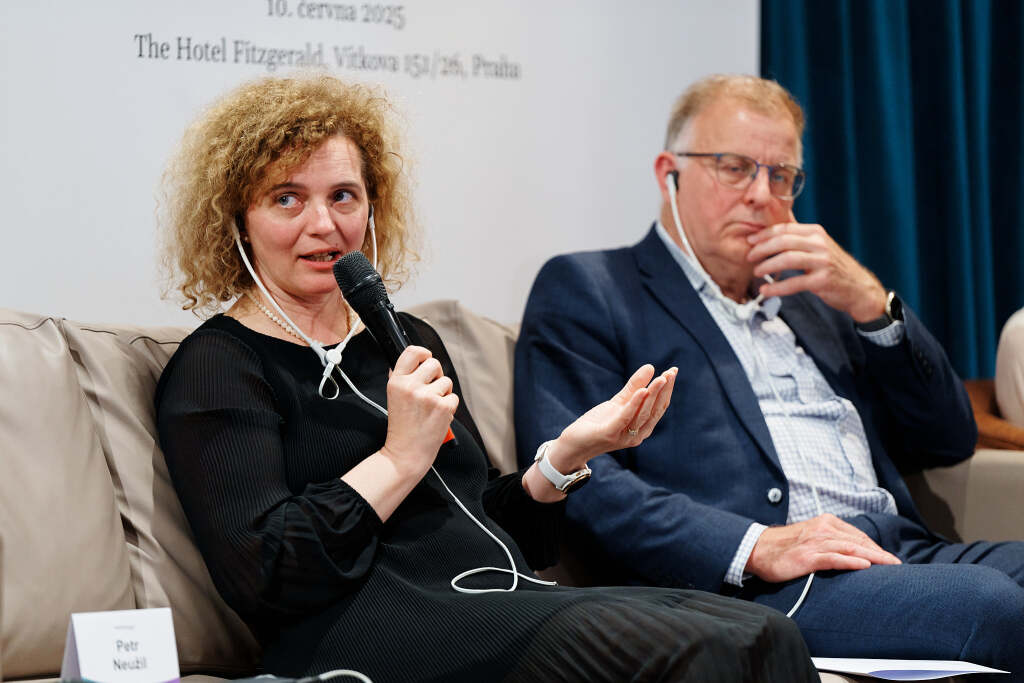
Jiří Votruba, a lung specialist and head of the tuberculosis clinic at the General University Hospital, highlighted the link between smoking and lung health. “Harm reduction works. While alternatives aren’t healthy, they’re better than traditional cigarettes for those who can’t quit,” he said.
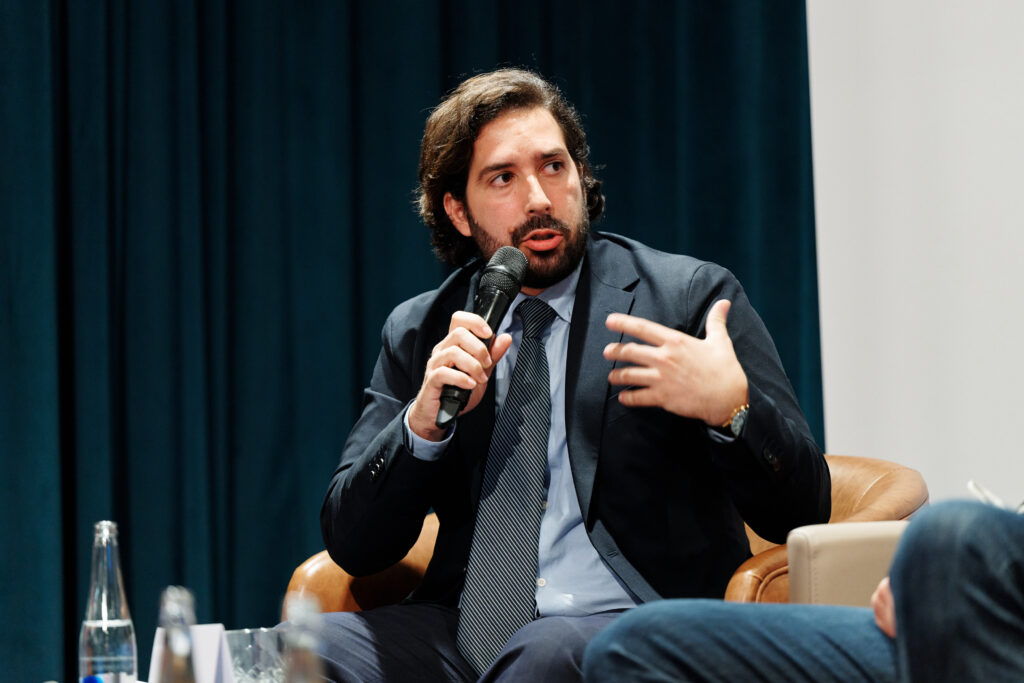
‘Take charge of your health!’
Czechia’s Health Minister Vlastimil Válek stressed the importance of screening: “You’d maintain your expensive car… We need better public awareness, employer engagement, accessibility and involve high-profile figures to boost screening uptake.” He noted the success of new screening programmes for prostate cancer, lung cancer in smokers and aortic aneurysms. “This package isn’t final,” he said, adding that Czechia is among global leaders in available screenings.
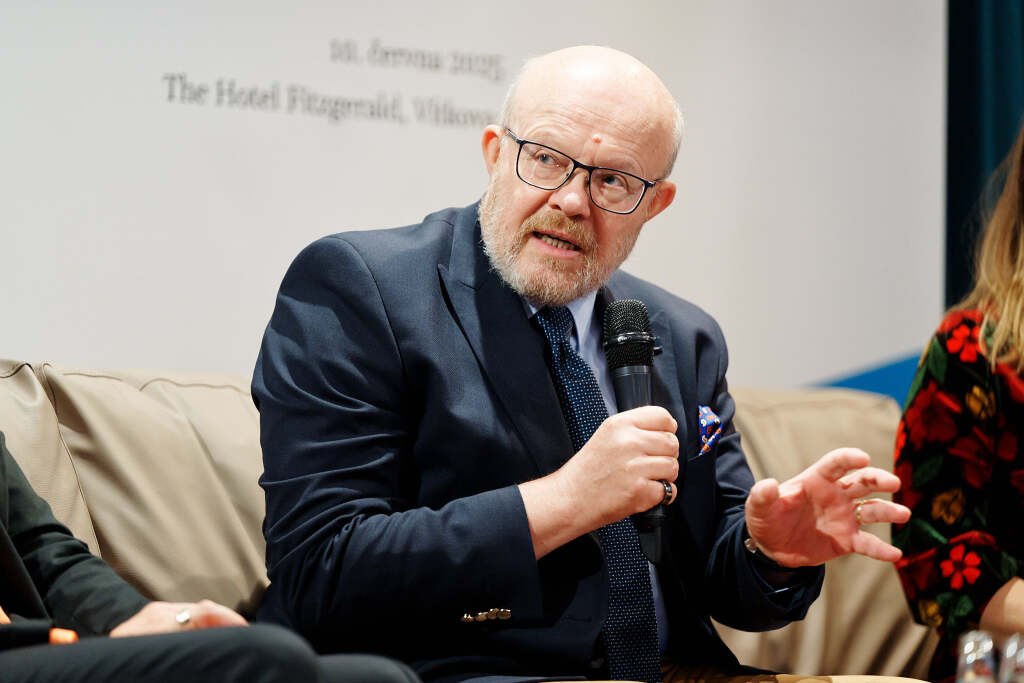
Petr Stachura of Slovakia’s National Council Health Committee cited his country’s challenges: “Slovakia lacks robust data colletcion and registries. We should expand them,“ he said, provided they bring extra benefit to patients.
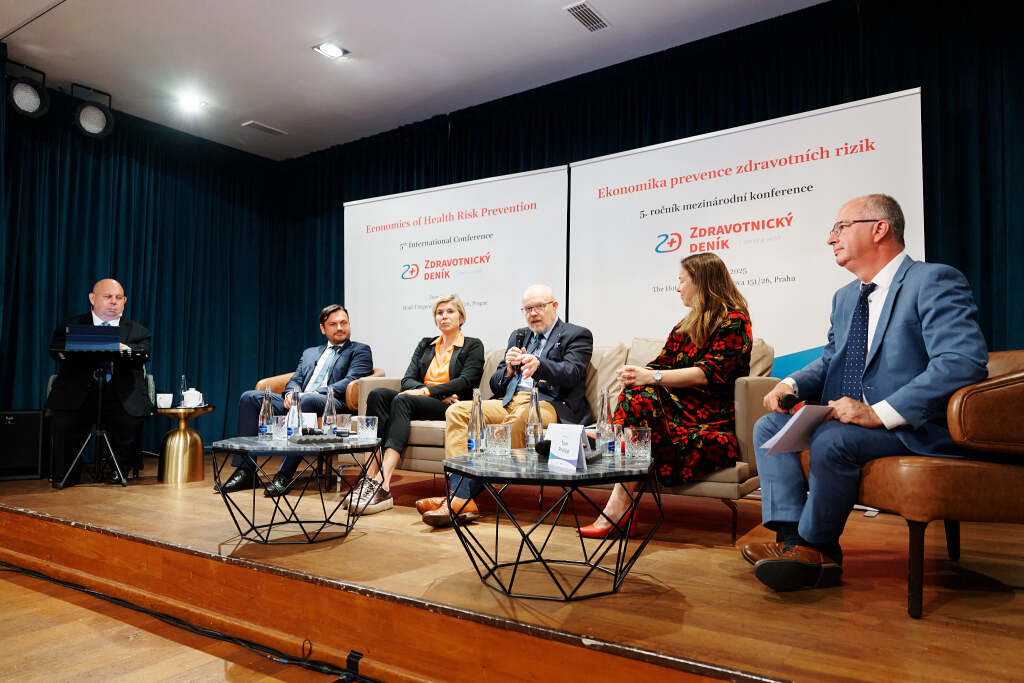
Olympic cross-country skiing champion Kateřina Neumannová advocated sports’ role in medical prevention: “Exercise habits start young. We must engage children early, teaching health responsibility in schools. Not every condition can be medicated.” Other two panelists, MPs Michaela Šebelová—vice-chair of the health committee—and Tom Philipp agreed.
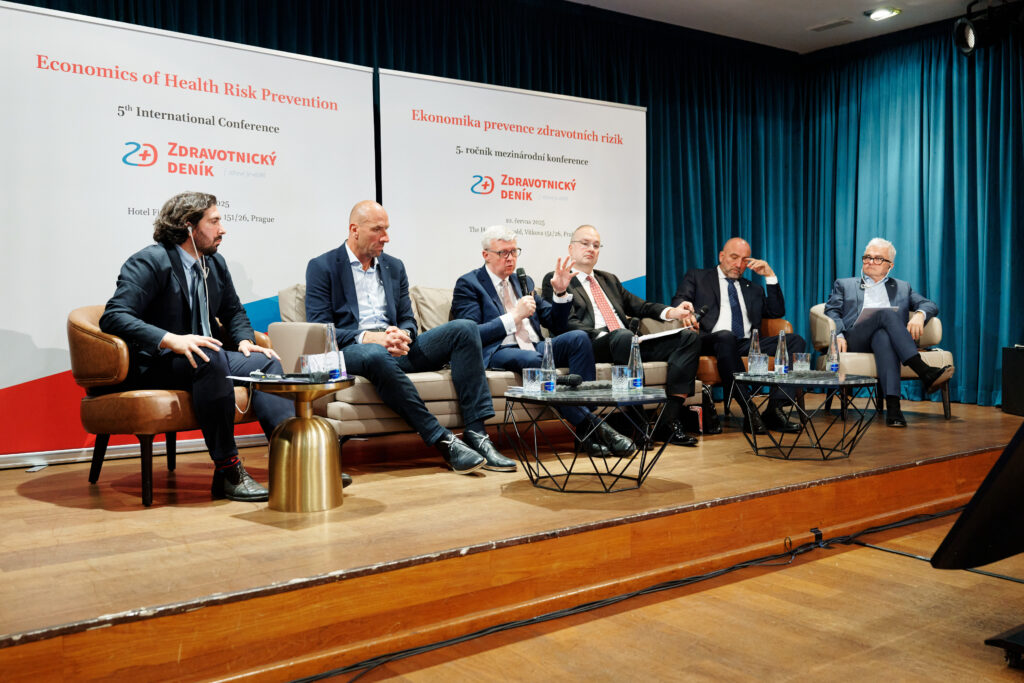
Raši: Offer options and incentives
The fifth International Conference on Health Risk Prevention Economics, organised by Zdravotnický deník, is a key forum for evaluating prevention strategies in terms of health effectiveness and economic sustainability. “Population health, effective policies, and the prevention of health risks are undoubtedly important prerequisites for the competitiveness of the European economy and a prosperous single market,” said Ivo Hartmann, publisher of Zdravotnický deník, in his opening remarks.
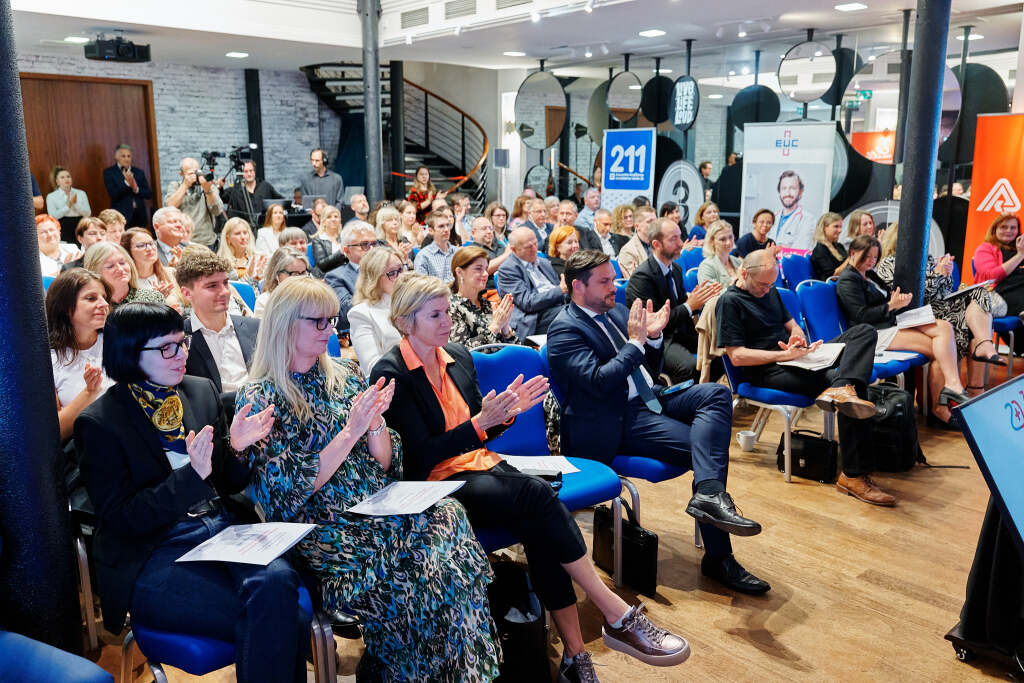
As is traditional, the conference featured leading figures from a wide range of related fields, including Deputy Speaker (and shadow health minister) Karel Havlíček, ex-Health Minister Adam Vojtěch, General Health Insurance Company Director Zdeněk Kabátek, Joan Madia of Center for Health Economics at Oxford University, BBC correspondent Rob Cameron, President of the Polish Public Health Association and Head of the Allergy and Lung Disease Clinic at the Polish National Medical Institute Andrzej Marius Fal, Head of the Oncology Clinic at the First Faculty of Medicine of Charles University and the Central Military Hospital Luboš Petruželka, ex-football star Jan Koller, and Chairman of the Slovak National Council Richard Raši.
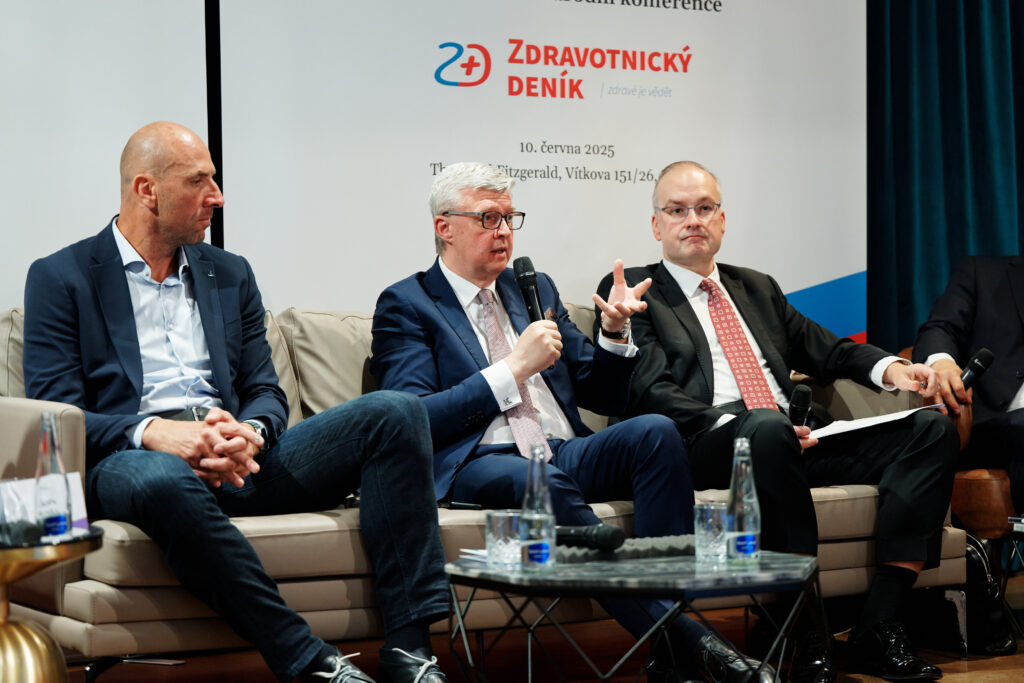
Raši stressed practicality: “As a doctor with many years of experience, I know that bans alone do not work. We have to offer people alternatives. Screening programs and prevention campaigns are the right way forward. If we show patients the options and motivate them, the results will follow,” Speaker of the Slovak Parliament believes.
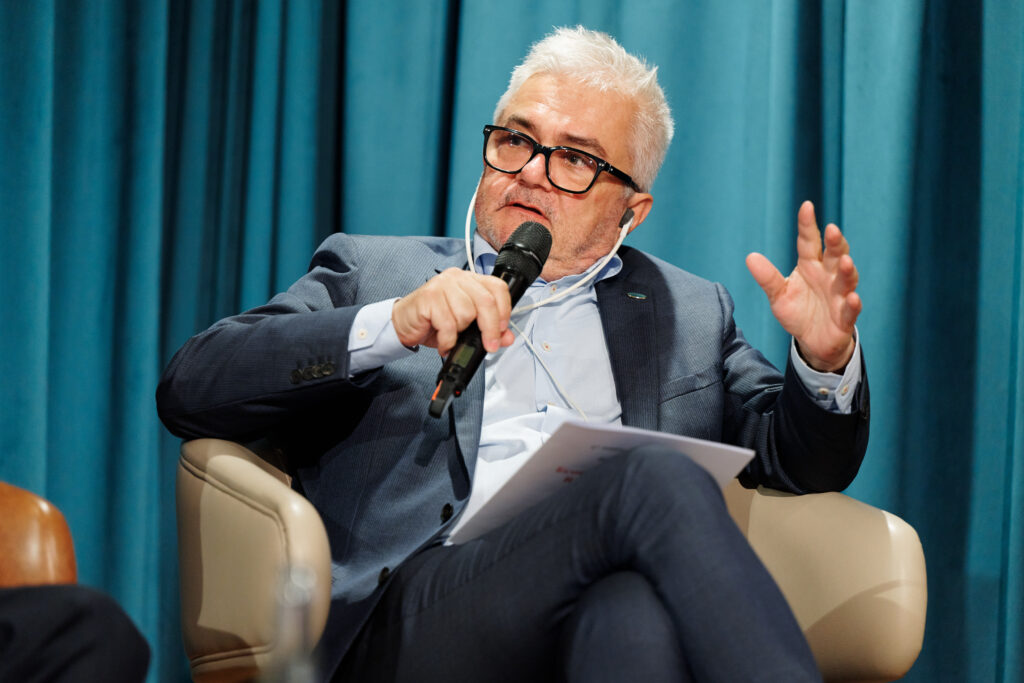
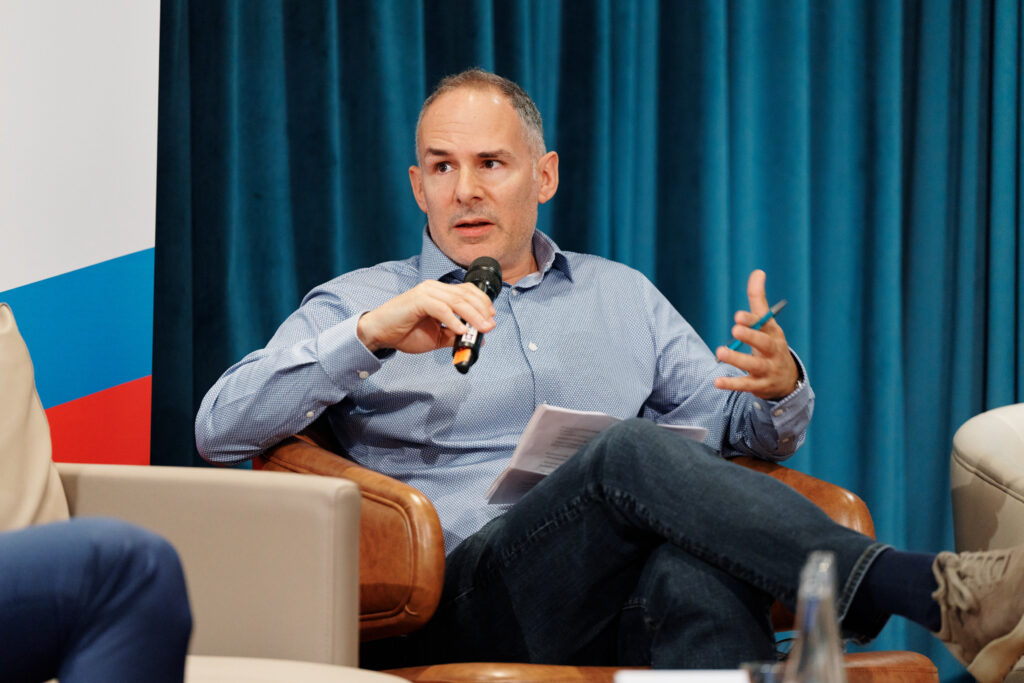
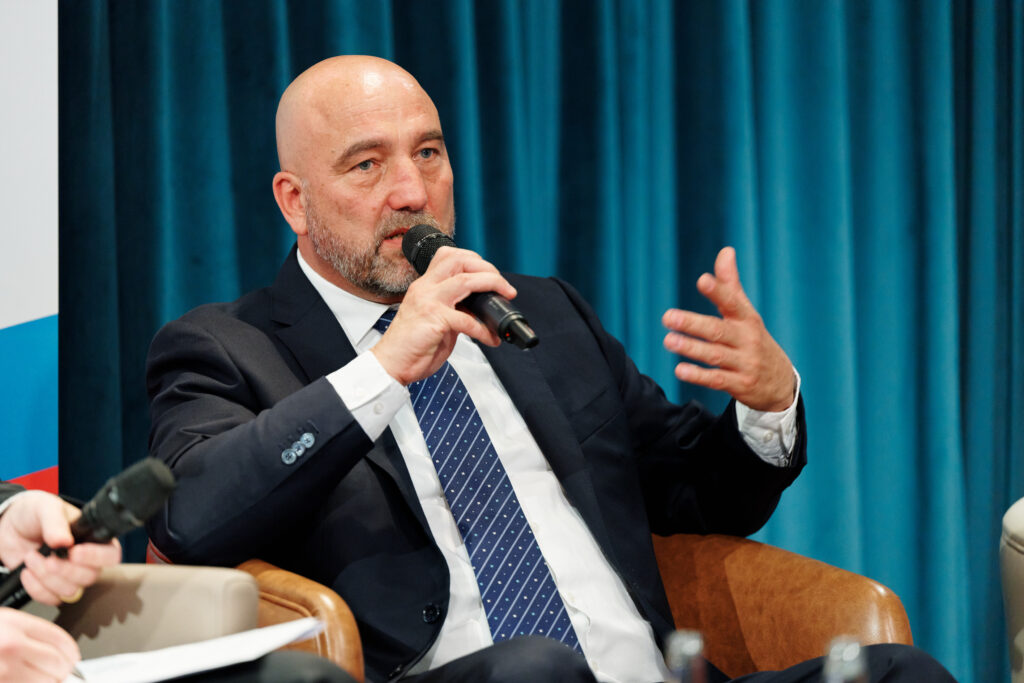
Photo: Radek Čepelák
Zdravotnický deník thanks Všeobecná zdravotní pojišťovna, EUC, Zdravotní pojišťovna Ministerstva vnitra, AKESO, Sprinx Systems, Eli Lilly and Tiscali Media for symposium support.
